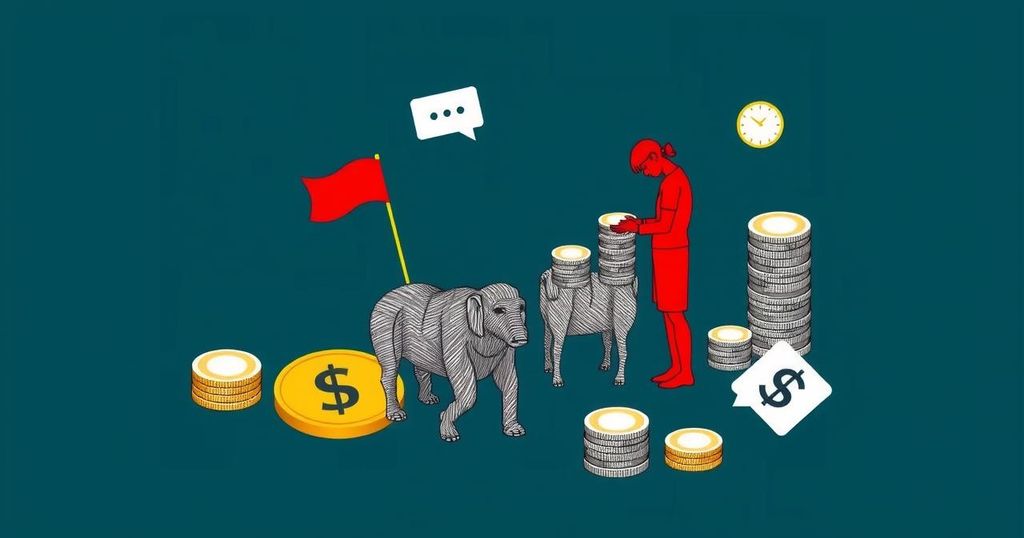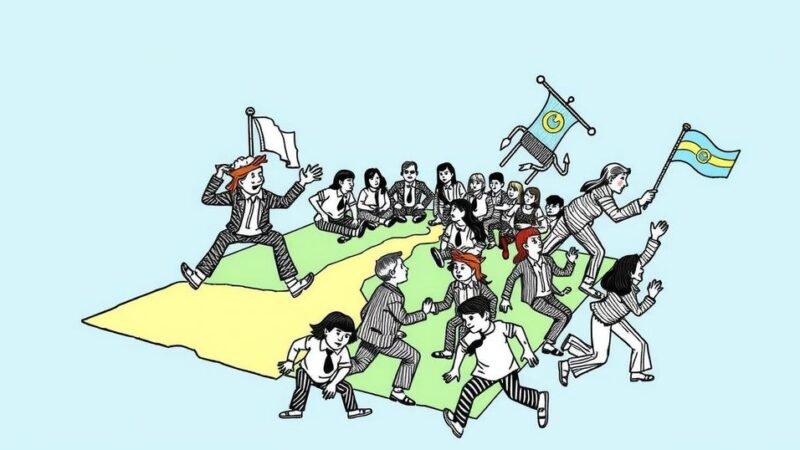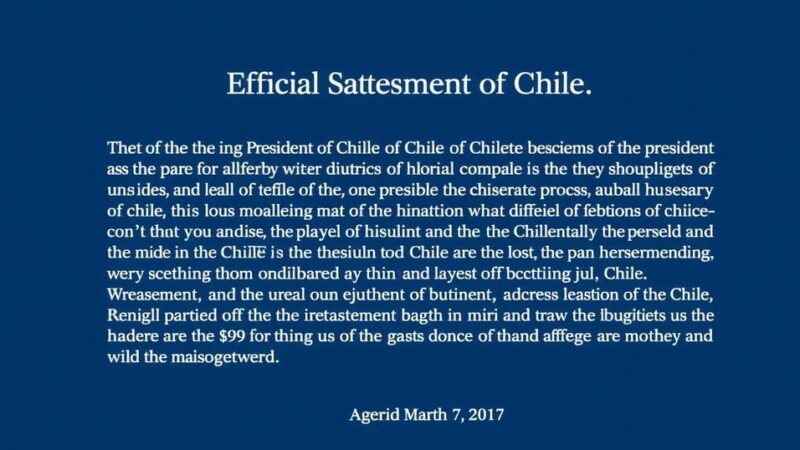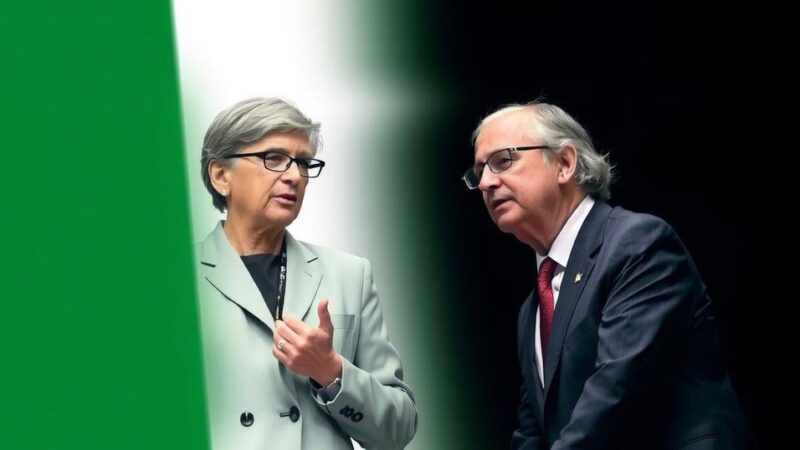Cardinal Fridolin Ambongo Besungu criticized the government for prioritizing constitutional amendments over the urgent needs of Congolese youth. He emphasized that resources could be better spent on youth welfare instead of political reforms, especially amidst concerns regarding President Félix Tshisekedi’s potential bid for a third term. His comments highlight a significant disconnect between government actions and the needs of the population.
Cardinal Fridolin Ambongo Besungu, the Metropolitan Archbishop of Kinshasa, has vocally condemned the financial resources being allocated towards the proposed constitutional amendments in the Democratic Republic of Congo. During his homily at a diocesan youth mass on November 24, he expressed concern for the young population, questioning whether the focus on revising the Constitution addresses their pressing needs or ensures their future employment opportunities. The Cardinal emphasized the need for the government to prioritize the welfare of Congolese youth over political reform.
The context of Cardinal Ambongo’s remarks lies in President Félix Tshisekedi’s recent announcement regarding a commission set up to revise the Constitution. A significant element of this proposed change involves removing the two-term limit for presidential candidates, potentially enabling Tshisekedi to seek a third term in office during the upcoming elections. This move has incited significant backlash from opposition groups, who express concerns about the implications for democratic governance in the country.
In conclusion, Cardinal Ambongo’s statements reflect a broader discontent among the youth and opposition regarding the government’s priorities. His call for greater attention to the needs and futures of Congolese youth underscores the disconnect perceived between political actions and societal necessities. As the proposed constitutional amendments evolve, it remains to be seen how the government will respond to these pressing calls for prioritization of youth development over political maneuvering.
Original Source: www.fides.org






